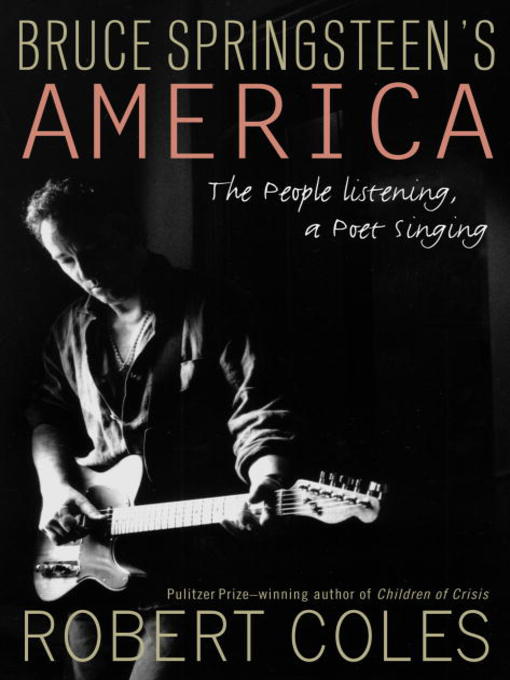- Available now
- New eBook additions
- New teen additions
- New kids additions
- Most popular
- Classics with No Wait!
- Try something different
- See all ebooks collections
- Available now
- New audiobook additions
- New teen additions
- New kids additions
- Most popular
- Try something different
- Newly added audiobooks
- See all audiobooks collections



